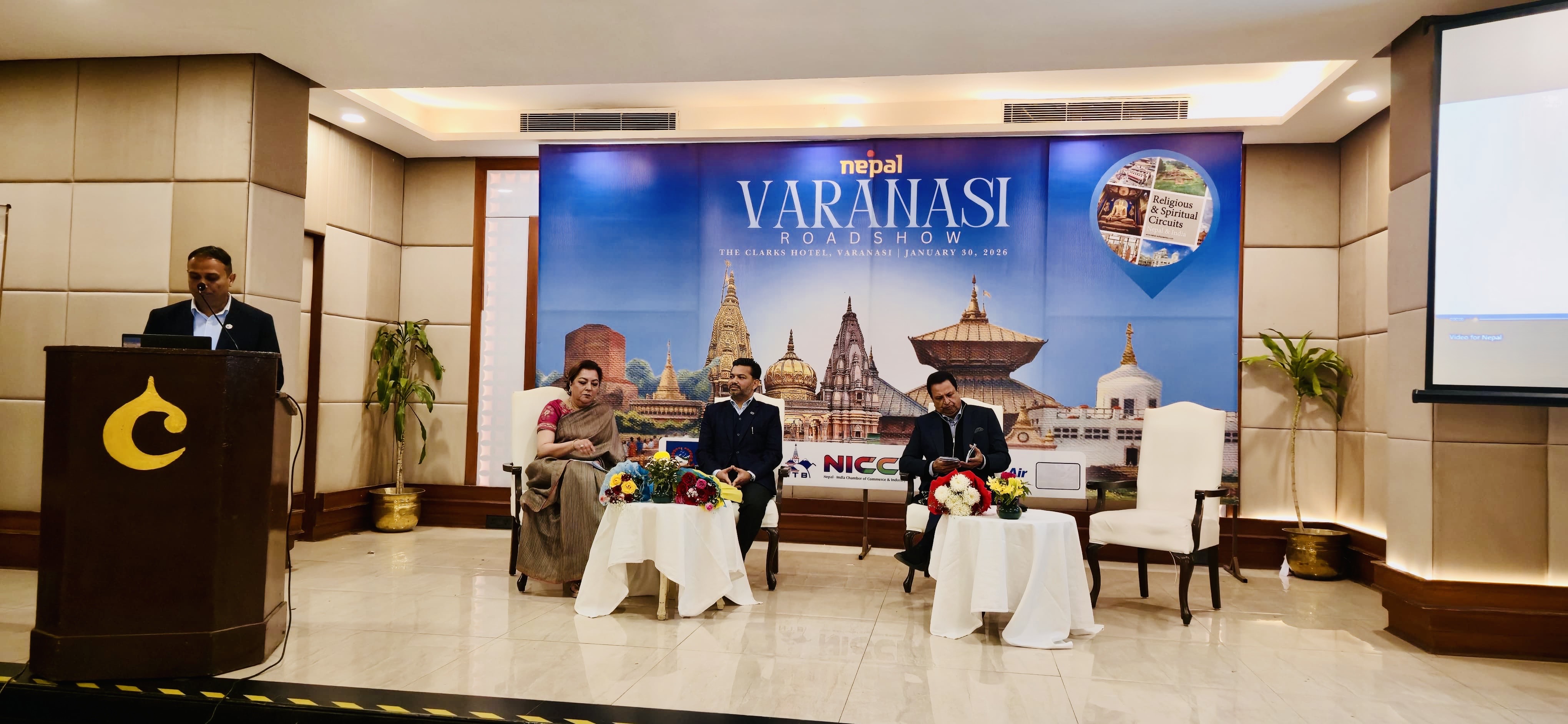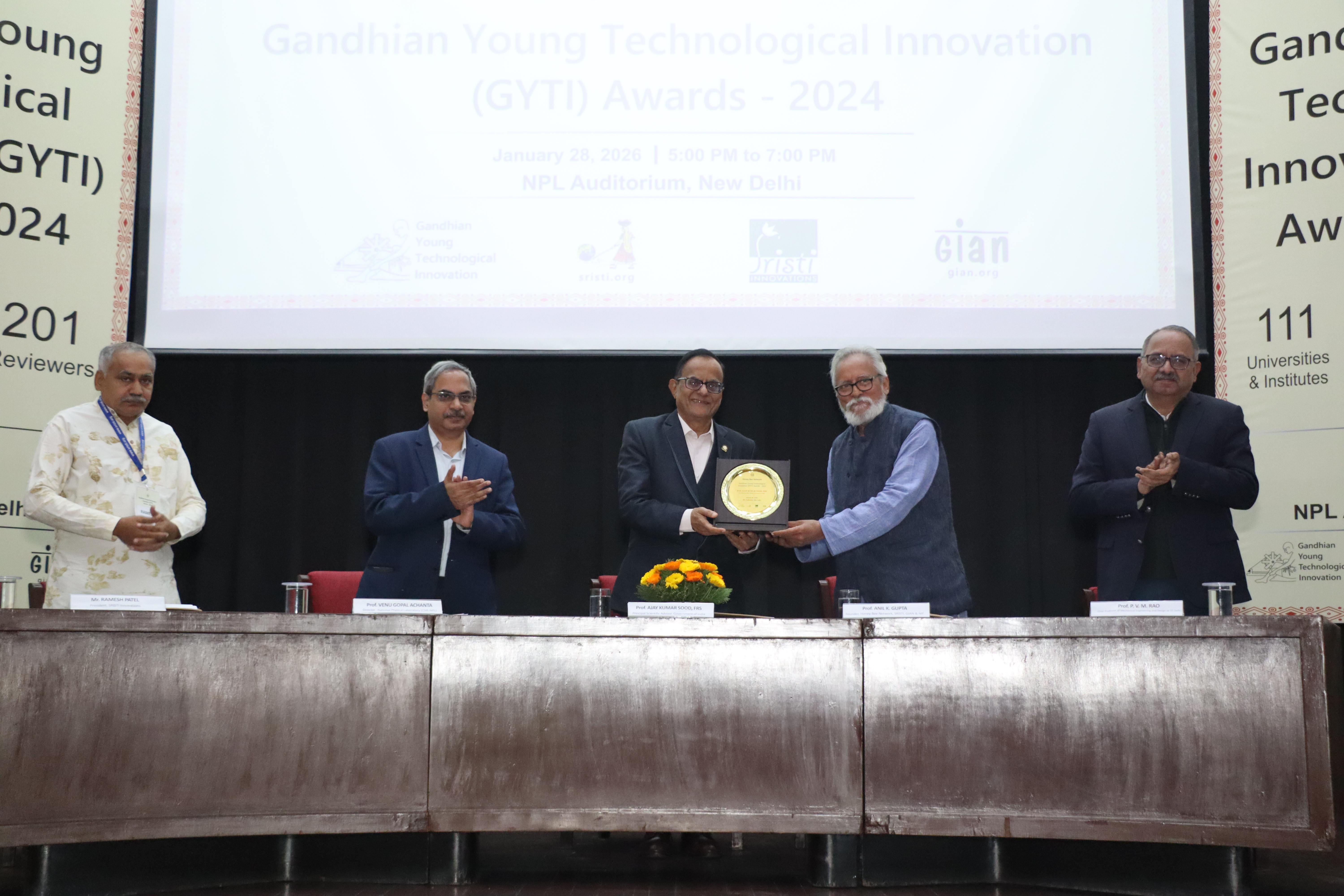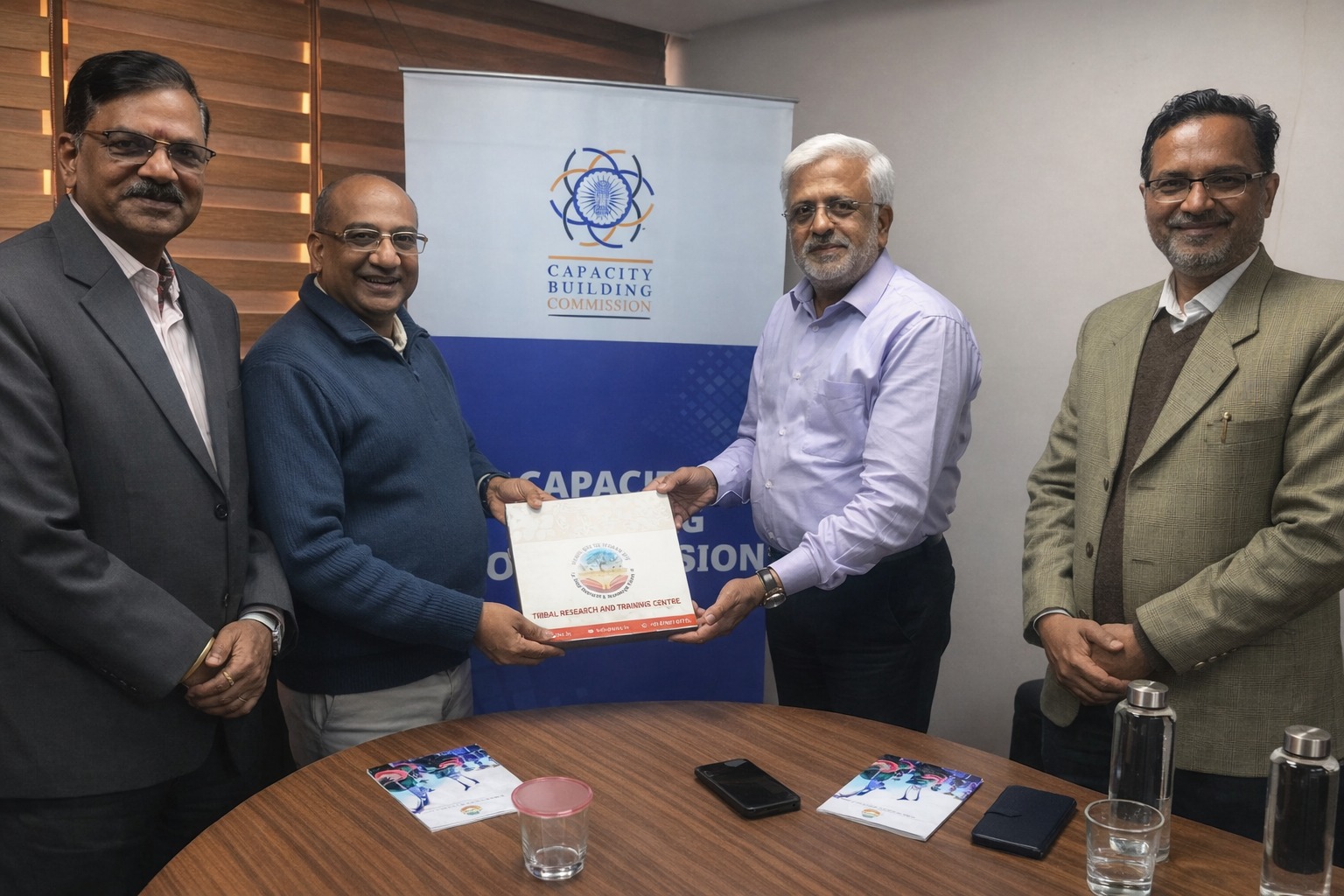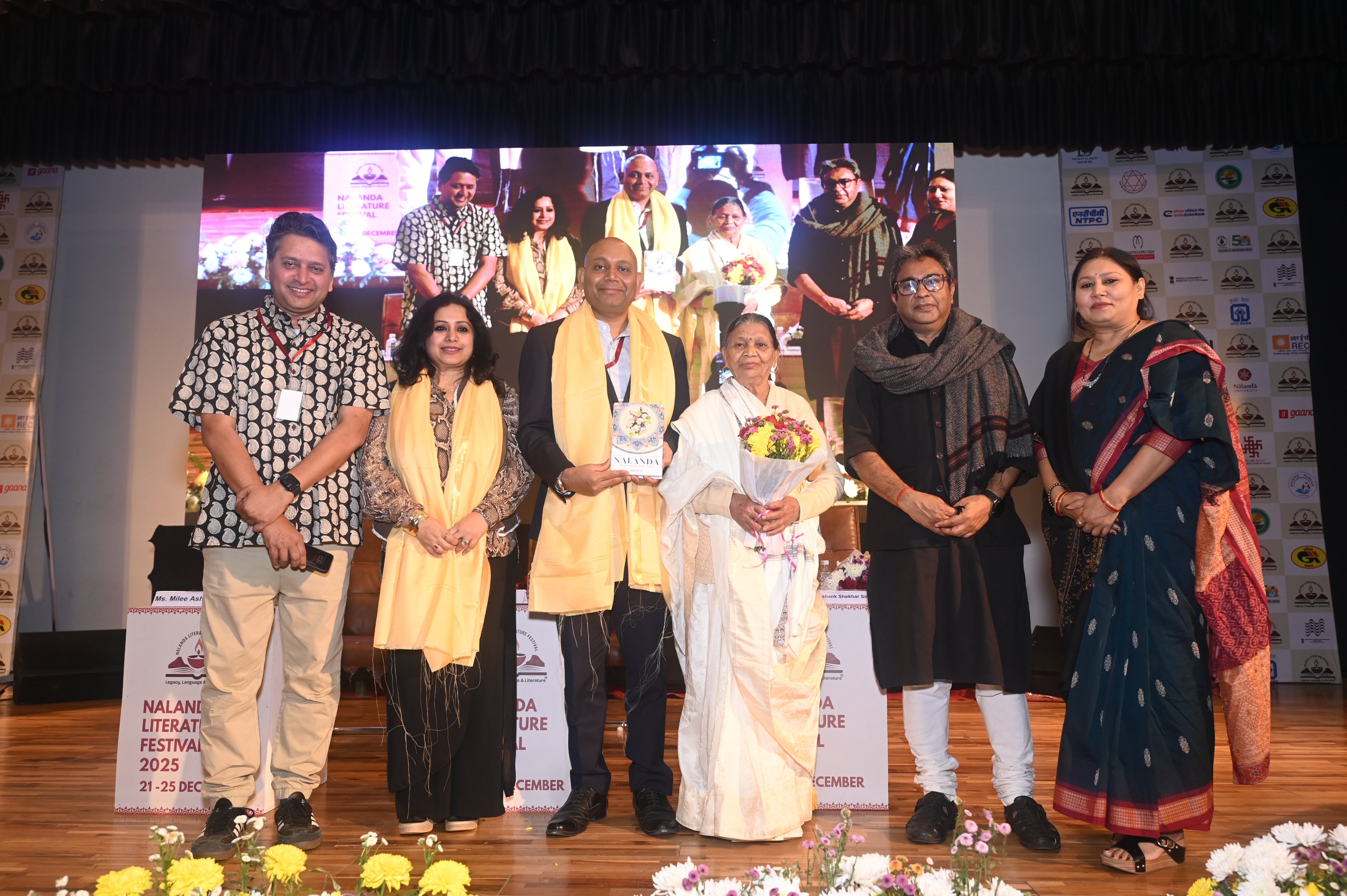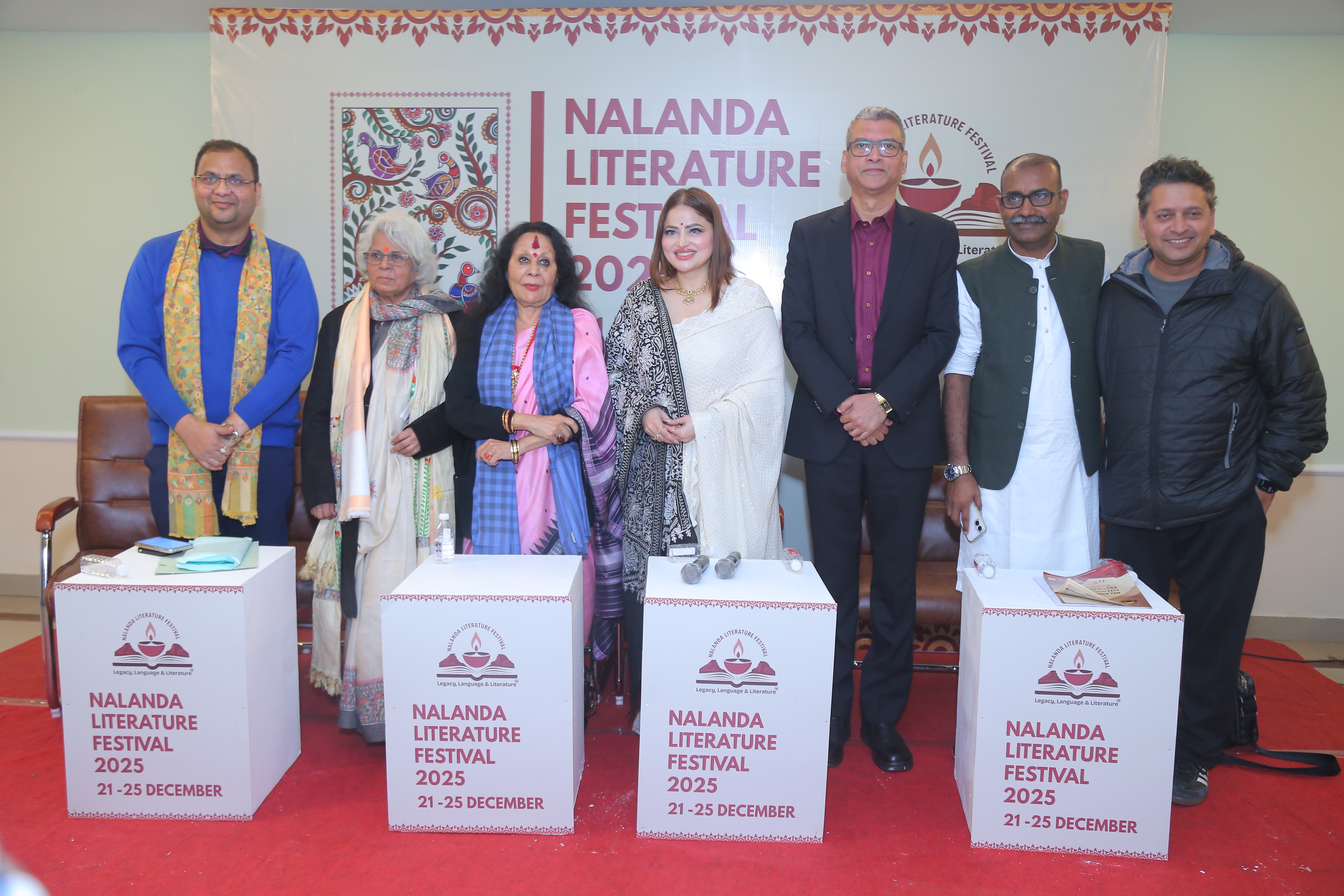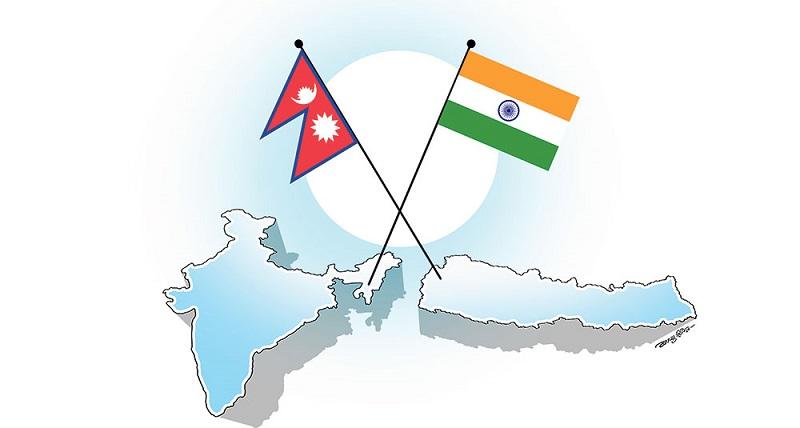 PC: Google Image
PC: Google Image
New Delhi: India and Nepal are two nations with one people and for this reason alone, both sides should work on resolving their differences, including the border row, through talks, and work towards a positive transformation in ties, leading experts from both the nations have said.
They were speaking at a webinar on ‘Nepal-India Strategic Convergence: Enriching the Partnership’ organised by Delhi-based think-tank Law and Society Alliance and Defence.Capital, a strategic affairs publication on Thursday.
Leading the discussion, former Indian Army officer and Assam Rifles director general Lt Gen Shokin Chauhan (retd) said, “Nepal and India have a shared history, shared geography, shared culture, and shared water.”
Noting that military diplomacy has been the bedrock of bilateral ties, Lt Gen Chauhan said the Indian Army had helped reorganise the Nepali Army in the 1950s after Communist China’s Mao Zedong threatened Nepal’s sovereignty by calling it to be part of the five fingers of China that need to be reunited with the mainland.
“No matter which frame you are in, there is a feeling of oneness between armies of both the countries, with Nepal alone boasting of 128,000 military pensioners, making up a huge number among Nepal’s one million population,” the former defence attache at the Indian embassy in Nepal said.
Lt Gen Chauhan said the upcoming visit of Indian Army chief General Manoj Naravane to Nepal is much awaited, as it brings the focus on the military relationship between the two countries.
Talking about the “common destiny” of the two nations, Chauhan said Nepal needs to be sensitive to the security concerns of India and those concerns need to be addressed. “We (the two nations) need to stay together,” he concluded.
Former Nepal minister and present-day member of Nepali federal parliament Minendra Rijal said Nepal, though a smaller nation to both India and China, was well aware of the implications of its diplomatic decisions.
He acknowledged that India and Nepal do share “a special, deep, and profound relationship” and very few nations have such ties.
On Nepal’s perception of India’s economic growth, he said, “India’s population is 40 times higher than Nepal’s and its economy is a hundred times bigger than Nepal’s. The median age is much lower in India as compared to China. Hence in the next 20-25 years, India could become the biggest economy in the world. We are mindful of these facts.”
Dr Rijal said, “In the future, Nepal can certainly be an especially important partner for India. There is tremendous potential in the management of water resources by both countries. India can have a tremendous advantage from harnessing hydroelectricity in Nepal. The water deficiency of North India can be overcome by Nepali help.”
He said, “Regarding Lipulekh, Limpiyadhura, and Kalapani, we feel very strongly where our claims stand. The Issue has been recognised strongly over the past 20-25 years. Both sides shall sit down and decide on the merit of the case. This dimension should not prevent us from becoming more wiser to enhance the bilateral relationship.”
Former Nepali Army officer Maj Gen Binoj Basnyat said the recent visit by India’s R&AW chief and the upcoming visit of General Naravane are important developments in the bilateral relationship with Nepal.
“The visits signify a couple of things - the potential of military bonds; military diplomacy has been the backbone of our relationship; understanding of India’s security concerns; and China’s growing influence.”
Gen Basnyat pointed out that in geopolitics, a lot were happening, with the United States saying from time to time that the single greatest threat to the United Nations is coming from the Communist Party of China.
He said world politics is shifting to the Indo-Pacific, with most flashpoints being in and around China. “China’s political ambitions are making it more dependent on neighboring nations for strategic and transit needs. Nepal is no exception. India has become more important for regional and global players.”
The former Nepali Army officer said no nation can change its geography and cultural unity with its neighbourhood. “We are old friends but in new situations. We need to sit down together to ensure that people from two countries shall enjoy good ties in the times to come,” he concluded.
Seshadri Chari, secretary general of Forum for Integrated National Security, called for a revisit of the 1950 bilateral treaty and recommended that if both the countries think that if they need to totally revamp it or have a new one, then it should be doable.
Chari, a political and strategic affairs expert, said the border disputes that one sees today in South Asia are a colonial hangover and a legacy that the British left behind when they quit India.
“The lines drawn in a closed room 100 years back are impacting us so much even today. Why have we been carrying the past on our heads so much?”
He said at a time when India and China were at loggerheads at the border, the timing of the Nepali moves on its border with India was a matter of security for India.
Chari urged Nepali political leaders to keep in mind India’s national security considerations with regard to China, with which both India and Nepal did not have a common border in 1947.
“If some villages in Nepal have been taken over by China, then India will have to look at it with serious concern and take a strong stand against this. India cannot sit idle on its security considerations, just because there is a communist government in Nepal.”

